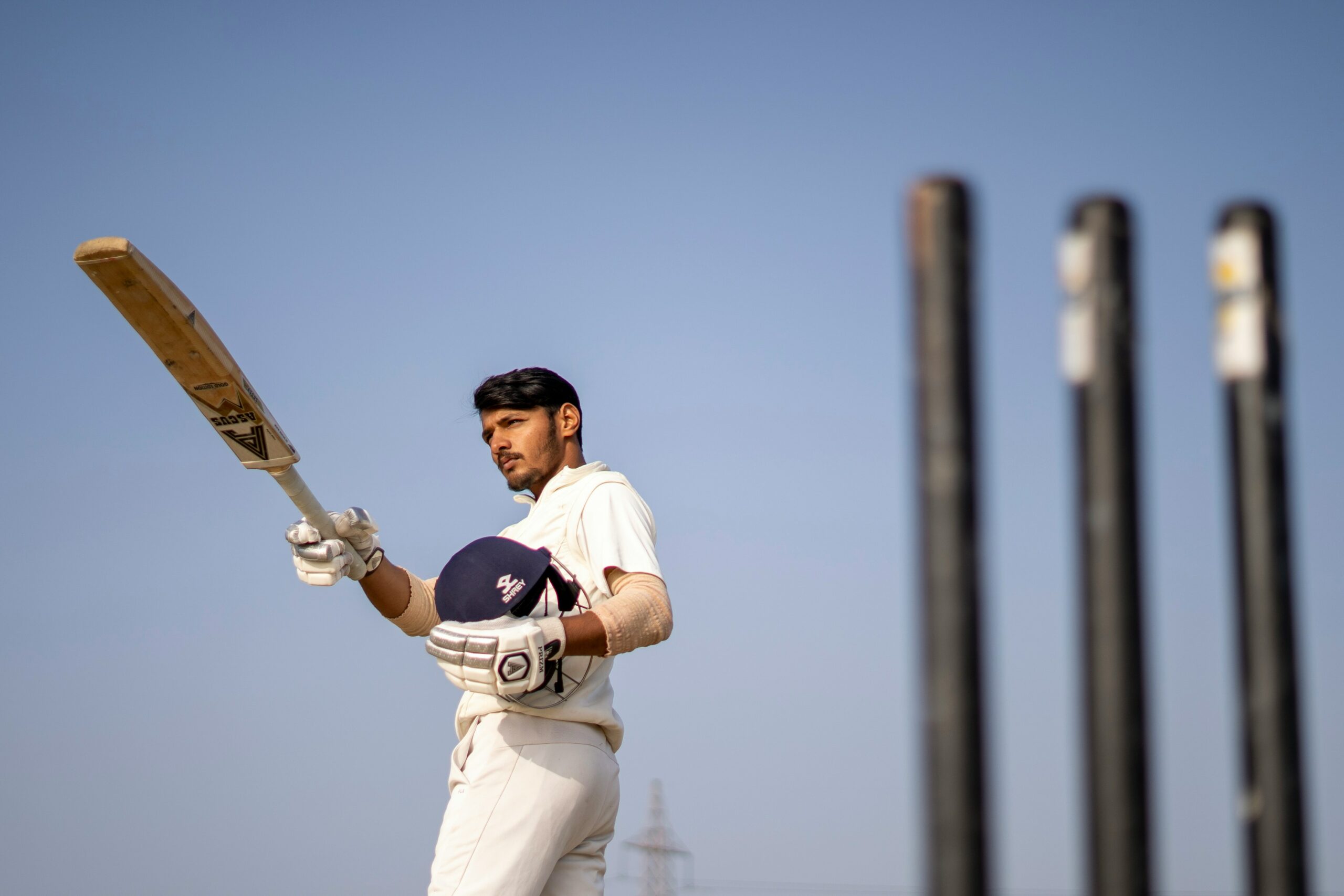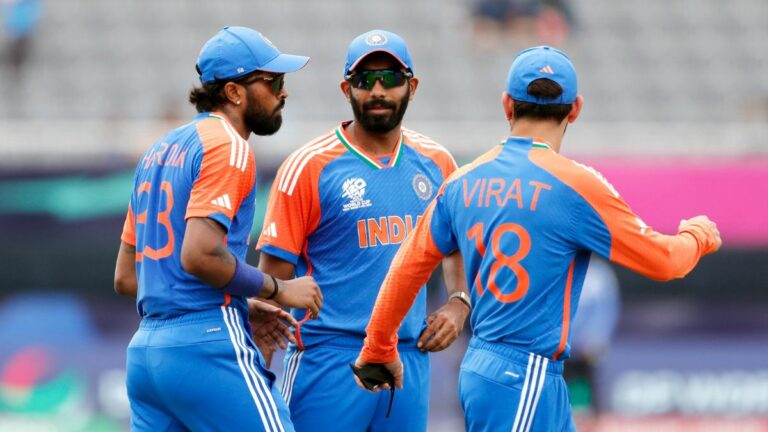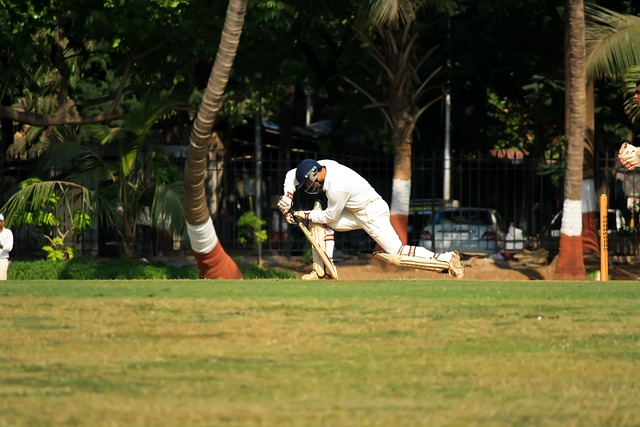The Psychology of Indian Cricket Captaincy
Lotus365, Kabook: Indian cricket captains who have proven to be effective leaders possess a strong sense of strategic thinking. They are able to analyze the game situation quickly and make tactical decisions that can change the course of the match in their team’s favor. These captains have a deep understanding of the game and are adept at adapting their strategies based on the opposition and the conditions.
In addition to strategic thinking, effective Indian cricket captains also demonstrate exceptional communication skills. They are able to effectively convey their plans and ideas to their team members, ensuring that everyone is on the same page and working towards a common goal. Good communication helps in building team cohesion and helps in maintaining a positive team environment, which is crucial for success on the field.
The Influence of Personality on Captaincy Styles
The personality of a cricket captain plays a crucial role in shaping their leadership style on the field. A captain who is assertive and confident tends to be more authoritative in making decisions and guiding the team. On the other hand, a captain with a calmer demeanor may focus on building consensus within the team and fostering a sense of unity.
Moreover, captains who are strategic thinkers and possess strong analytical skills often excel in setting field placements, making bowling changes, and devising game tactics. Their ability to read the game situation and adapt quickly to changing circumstances can be a defining factor in their success as a leader on the cricket pitch.
• A captain who is assertive and confident tends to be more authoritative in making decisions
• Captains with a calmer demeanor may focus on building consensus within the team
• Strategic thinkers with strong analytical skills excel in setting field placements, making bowling changes, and devising game tactics
• Ability to read the game situation and adapt quickly to changing circumstances is crucial for success as a leader
Managing Team Dynamics and Player Personalities
One of the key aspects of successful team management in cricket is understanding the diverse personalities of players within the team. Every player brings their own set of strengths, weaknesses, and characteristics to the game, and an effective captain must navigate through these differences to create a cohesive unit. By recognizing and leveraging the unique qualities of each team member, a captain can foster a positive team environment and maximize individual and collective performance on the field.
In addition to understanding player personalities, a successful cricket captain must also be adept at managing team dynamics. This involves not only leading by example on the field but also off the field in team discussions, strategizing, and decision-making. Effective communication, empathy, and conflict resolution skills are crucial in maintaining a harmonious team environment, where players feel valued and supported in their roles. By fostering strong relationships and open lines of communication among team members, a captain can build trust and unity within the team, which is essential for achieving success in cricket.
What are some key traits of effective Indian cricket captains?
Some key traits of effective Indian cricket captains include strong leadership skills, good communication abilities, strategic thinking, and the ability to inspire and motivate their team.
How does personality influence captaincy styles?
A captain’s personality can greatly influence their captaincy style. Introverted captains may focus more on leading by example, while extroverted captains may be more vocal and expressive in their leadership approach.
How can team dynamics be managed effectively?
Team dynamics can be managed effectively by fostering open communication, establishing clear roles and responsibilities, resolving conflicts promptly, and building a positive team culture based on trust and respect.
How should player personalities be handled by the captain?
Captains should take into consideration the different personalities of their players and adapt their leadership style accordingly. They should provide support and guidance to help players perform at their best while also addressing any conflicts or issues that may arise.







